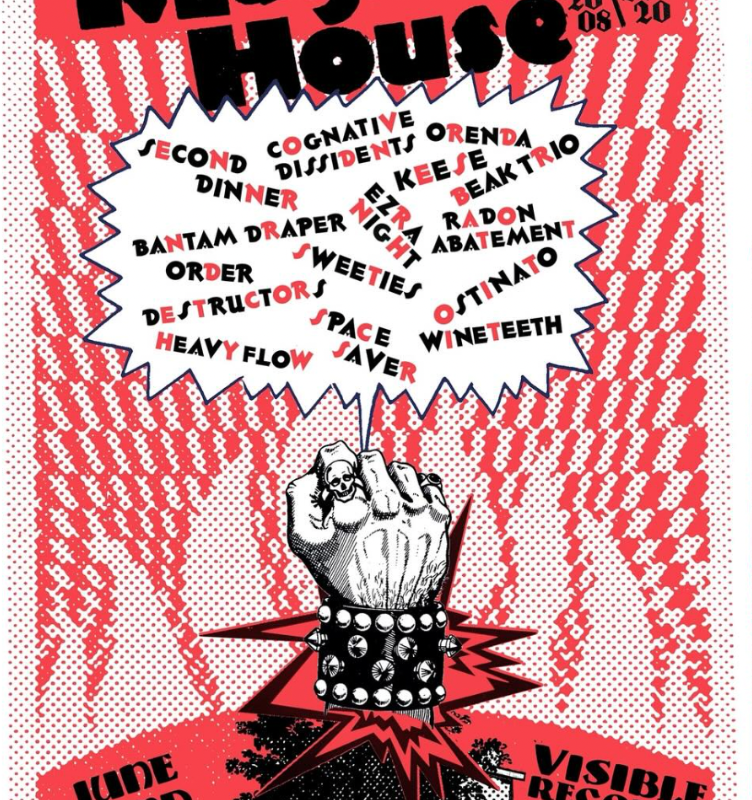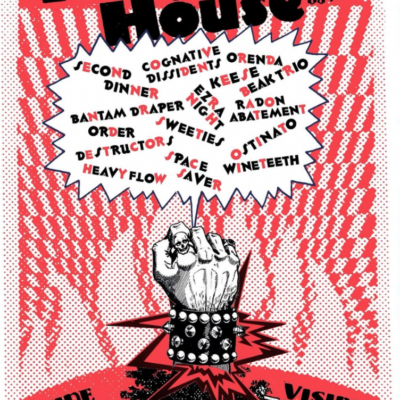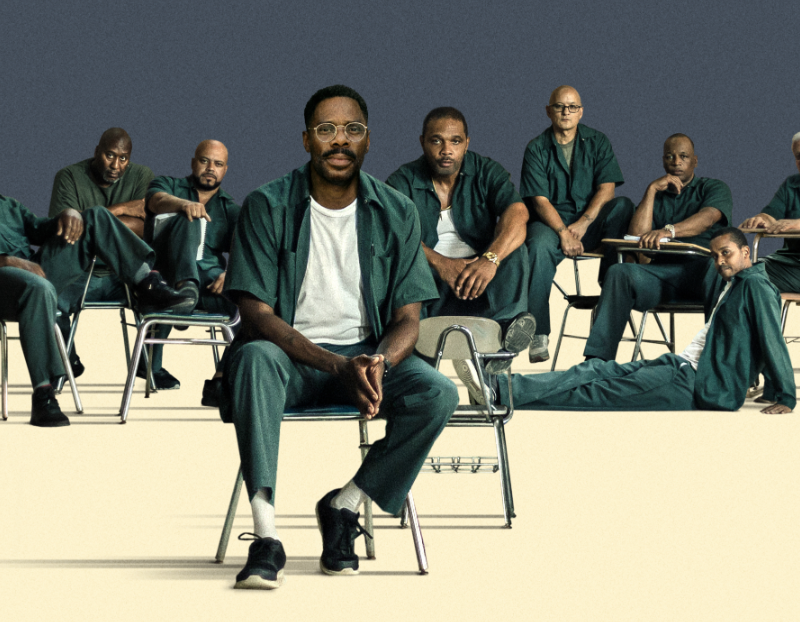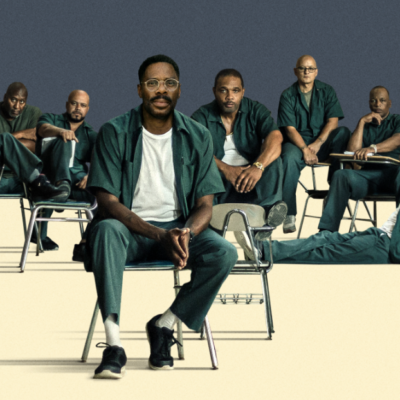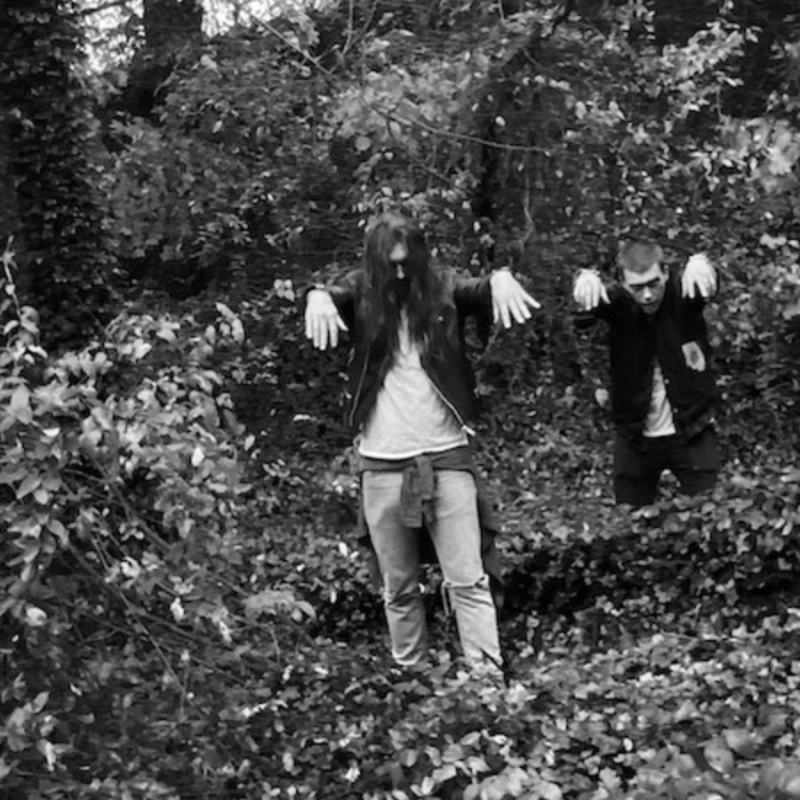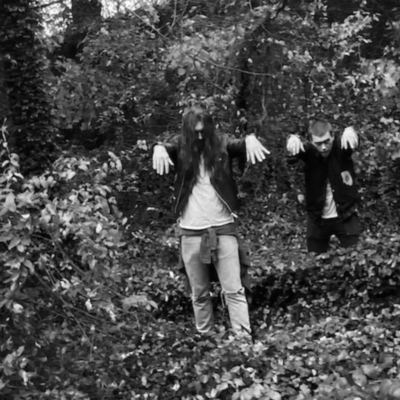Buck Brannaman is no ordinary horse trainer, which is unfortunate for some. Thanks to Cindy Meehl’s film about him, ordinary horse trainers now have a lot to live up to.
|
Real-life horse whisperer Buck Brannaman is the subject of Buck, a documentary that follows him as he helps “horses with people problems,” championing an approach to horsemanship that values sensitivity rather than domination.
|
But in our minds, maybe they already did. Brannaman was an essential influence on both Nicholas Evans’ book The Horse Whisperer and the Robert Redford movie it became. But now Buck, Meehl’s debut documentary, makes it very easy for the rest of us to see why. If people ever still say they need to see a man about a horse, and that man is Buck Brannaman, well then all involved tend to end up all the better for it.
Persuasion is essential to his technique, but so is the innate majesty and intelligence of his subjects. Meehl has recognized that a big part of what Brannaman does is allow animals to make up for human failings.
He has a wife and a teenaged daughter, both evidently beloved, but he doesn’t see them much. He’s on the road for most of each year, giving clinics all over the country for troubled horses and their troublers. As Brannaman puts it, “A lot of the time I’m not helping people with horse problems. I’m helping horses with people problems.”
Although straightforwardly a fond profile of this man and his calling, Meehl’s movie is predicated on the notion that the humane treatment of an animal, when pro-
ductive, can seem to us like some dazzling display of magic. It’s sort of a depressing testament, to the extent that it suggests the rareness of this kind of humane treatment, but that doesn’t make Brannaman’s accomplishments any less profound.
As kids, Buck and his brother enjoyed a spell of minor celebrity for their rope tricks on the rodeo circuit. They did not enjoy the constant and intense abuse they received from their alcoholic tyrant of a father. The brother’s absence from Meehl’s film is not accounted for; the father’s absence feels like a relief. Horsemanship, Brannaman tells his human clients more than once, is about controlling your emotions. That qualifies it as a spiritual discipline. “There’s a difference between firm and hard,” he also tells them, and, “You have to be a parent,” which might further qualify his own horsemanship as a way of working out his own issues.
For her part, Meehl doesn’t much discern between horsemanship and a kind of lifestyle salesmanship, so Buck sometimes gives off a slightly hectoring vibe. As in, “You know, Robert Redford, who is handsome and famous and outdoorsy, really likes this guy, so you should too.” Although it seemed to work well enough at Sundance, where Redford reigns and Buck won the Audience Award for documentary this year.
This film isn’t exactly long on story, and structurally it seems like little more than just an 88-minute trailer for itself. But Meehl has found a powerful formula in the disarming pleasure of taking in touchy-feely platitudes from such a no-nonsense fella. Brannaman’s rough upbringing and cowboy laconicism cuts nicely against the inherent cuddliness of his craft. Most importantly, perhaps, nobody needs to get broken for him to get results.
/still2.jpg)
